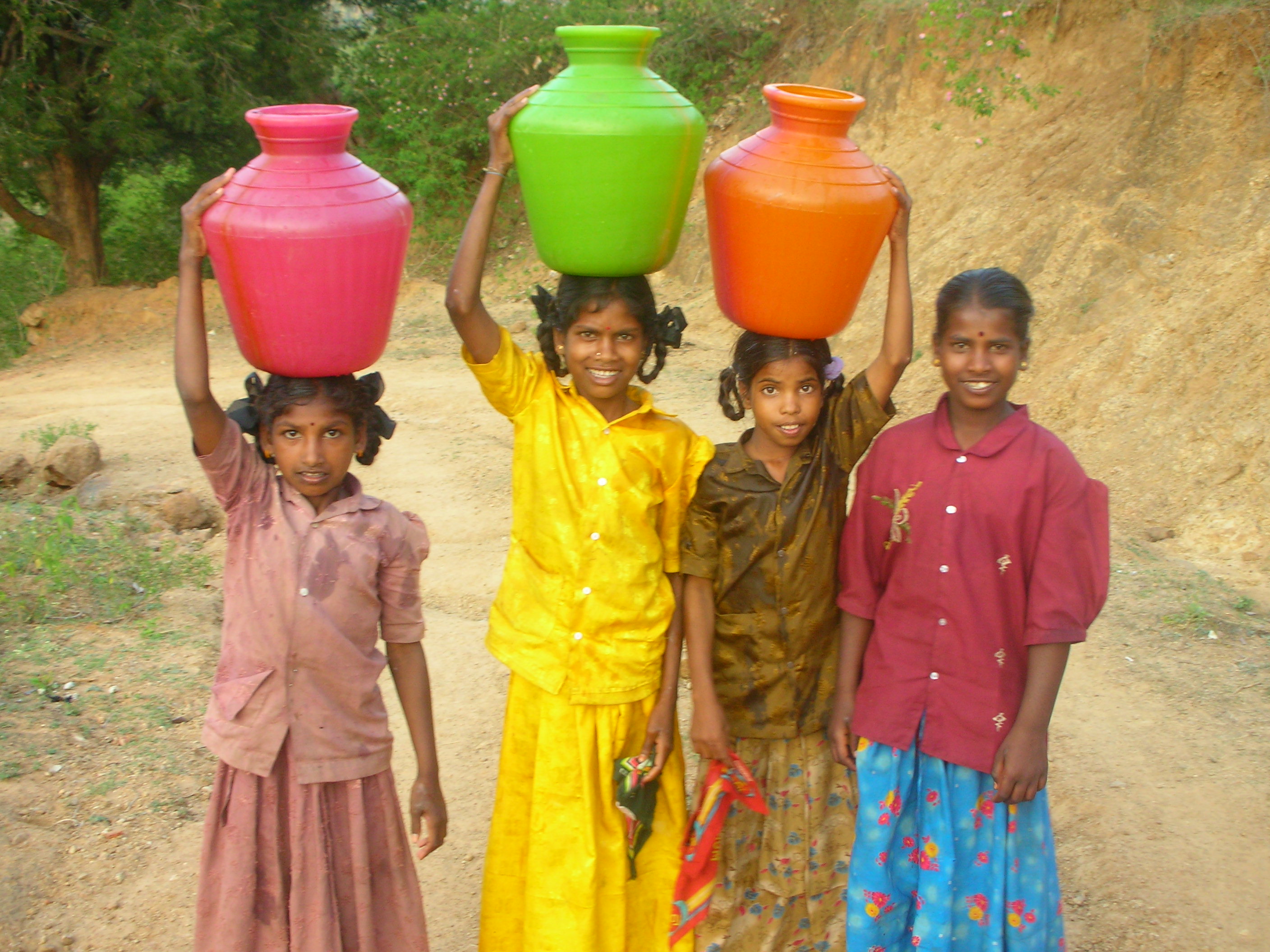A few months ago in Maharashtra,
a district in India,
a number of girls changed their names. This is a big deal because the name,
Nakusa or Nakushi, means unwanted in Hindi, so these girls decided to change
their names in order to empower themselves.
Unfortunately, in India, as well
as in many other Eastern cultures, girls are indeed unwanted. (I don’t mean to
stereotype or generalize here, since I know that many families value their girl
children just as much as their boys. However, in general, the culture favors
boys over girls.) As a result, many infant girls are abandoned at birth and
doomed to live a bleak life in an orphanage until (if/when) they’re adopted. Parents
who have access to more advanced medical care will often test their unborn
children’s sex, and selectively abort based on the results. Consequently, there
are bizarrely low birth rates for girls compared to boys in these countries,
and an extreme population gender disparity. In India,
there are only 914 girls under the age of six for every 1,000 boys, and Maharashtra has only 883 for every 1,000, one of the
lowest rates in the country. Nicholas Kristof and Sheryl WuDunn,
Pulitzer-winning New York Times reporters, estimate that approximately
132,000 Indian girls from 0-5 die every year from neglect based on their
gender. Other countries have similar, if not even worse, statistics.
I’ve always found it interesting
that Western feminists view abortion as an integral women’s right, while
Eastern feminists are often anti-abortion because of the selective sex abortion
issue. I guess it just shows how much culture impacts political and social
advocacy, that people working for the same overall goal will have totally
different viewpoints and methods to attain it based on where they live.
As I’ve said before,
I’m into names and the inherent power they hold, so I think they’re really
important. Religiously speaking, Judaism believes that a person’s name reflects
his or her essence. This is why there are few names with outright negative
connotations in Hebrew. (Some names might have what we think are weird meanings
in today’s world; for example, Leah means cow. In biblical times, this
was almost surely considered a very nice name because cows were an important
source of income. Biblical characters whose names are interpreted as meaning
bad things, like Nabal, are often nicknames that were given to them
throughout their lives rather than the name their parents gave them at birth.)
I find it sad that these Indian
girls had to go through their early lives being called unwanted, knowing
that in their culture they’re not valued simply because they have ovaries. I’m
glad that they were given the opportunity to get rid of their “unwanted” names.
(Yeah, sorry for the pun. I had to say it somewhere.)
But really. I know some people
will say that names are insignificant and this is a loud of meaningless garbage
and the focus should be on more important stuff, like figuring out how to deal
with parents selectively aborting female fetuses. I agree that more attention should
be given to life-and-death situations, but I think that every feminist cause
deserves at least a little publicity. I hope girls with names that keep them
down all across India will
imitate these girls in Maharashtra and take it
upon themselves to change their names.

No comments:
Post a Comment